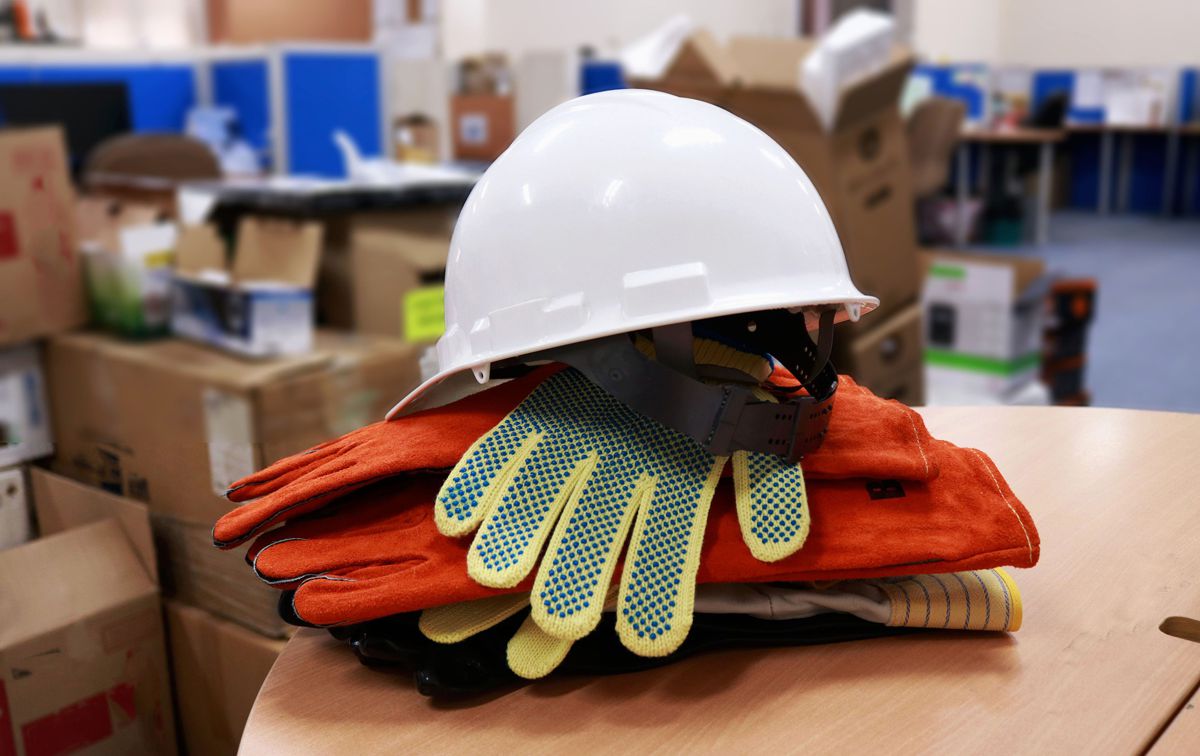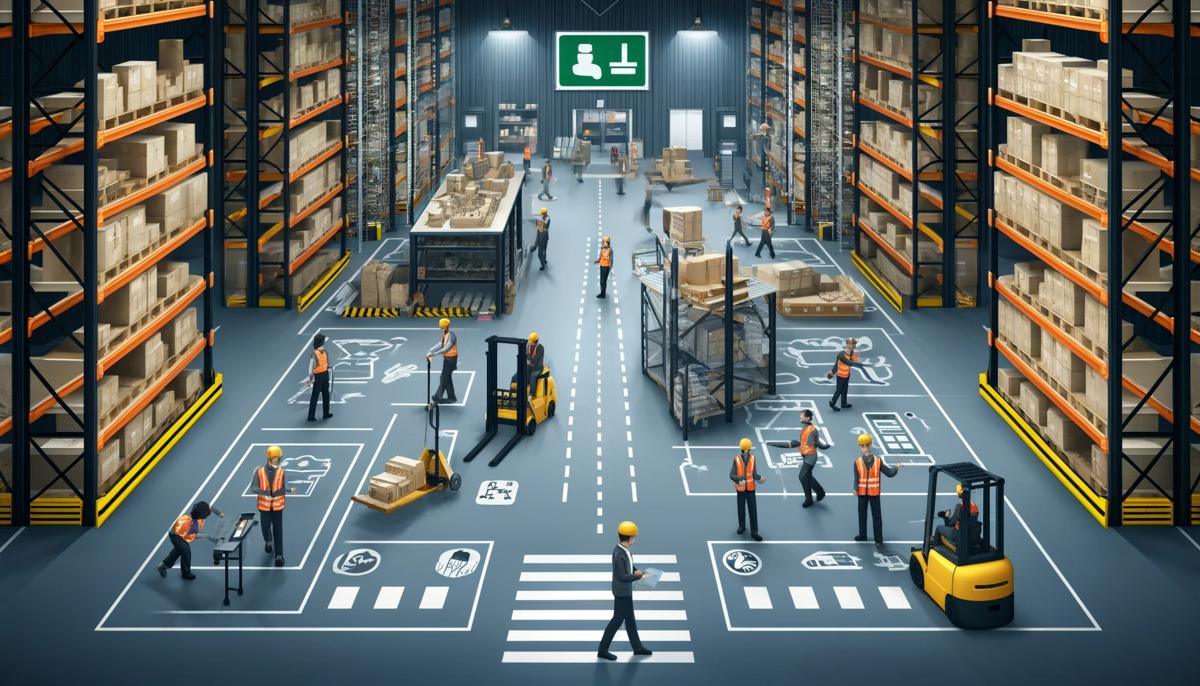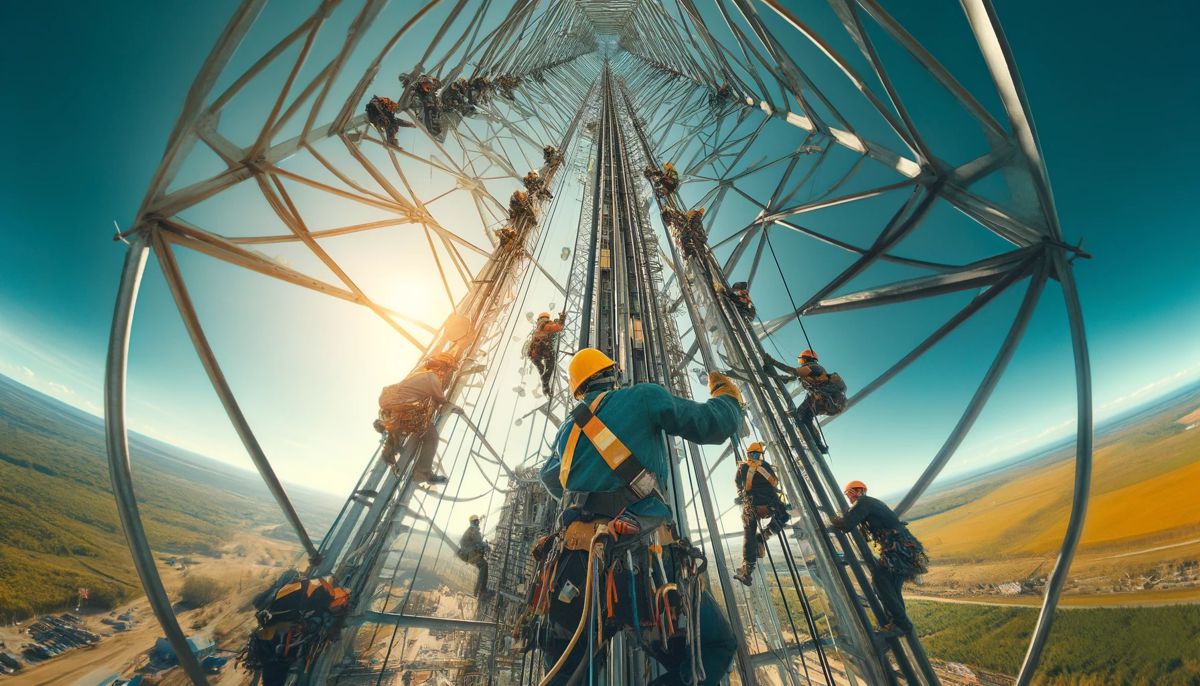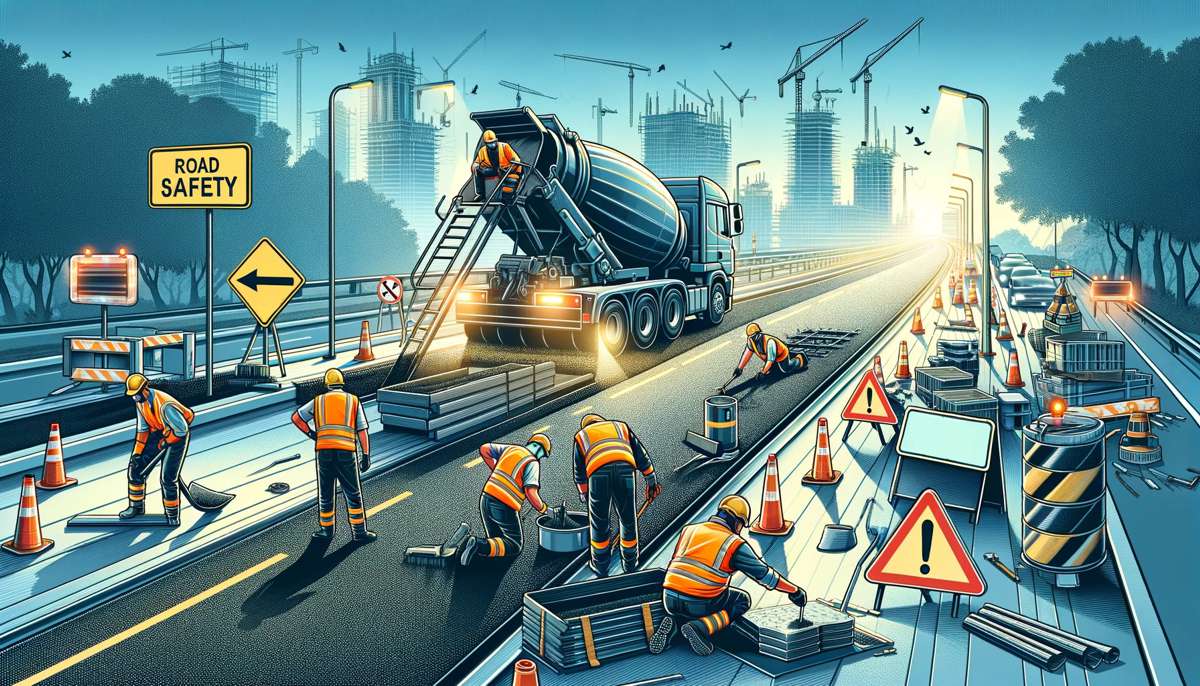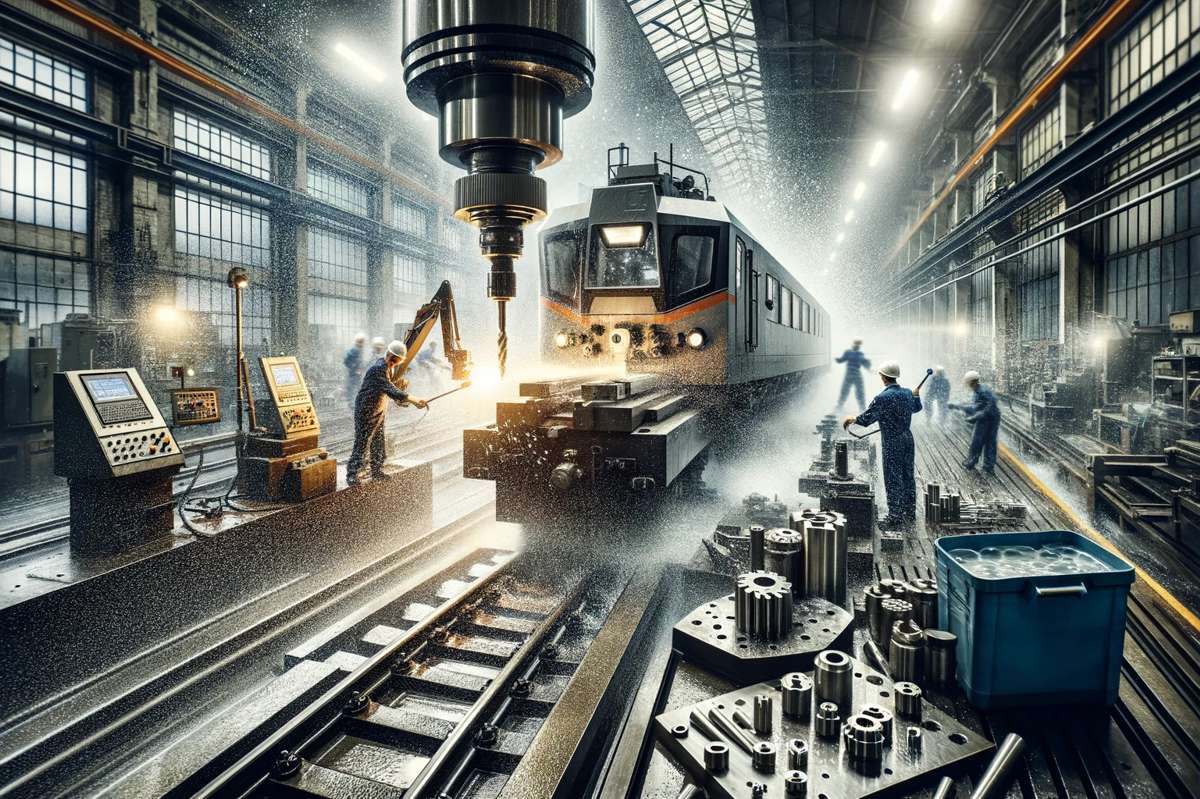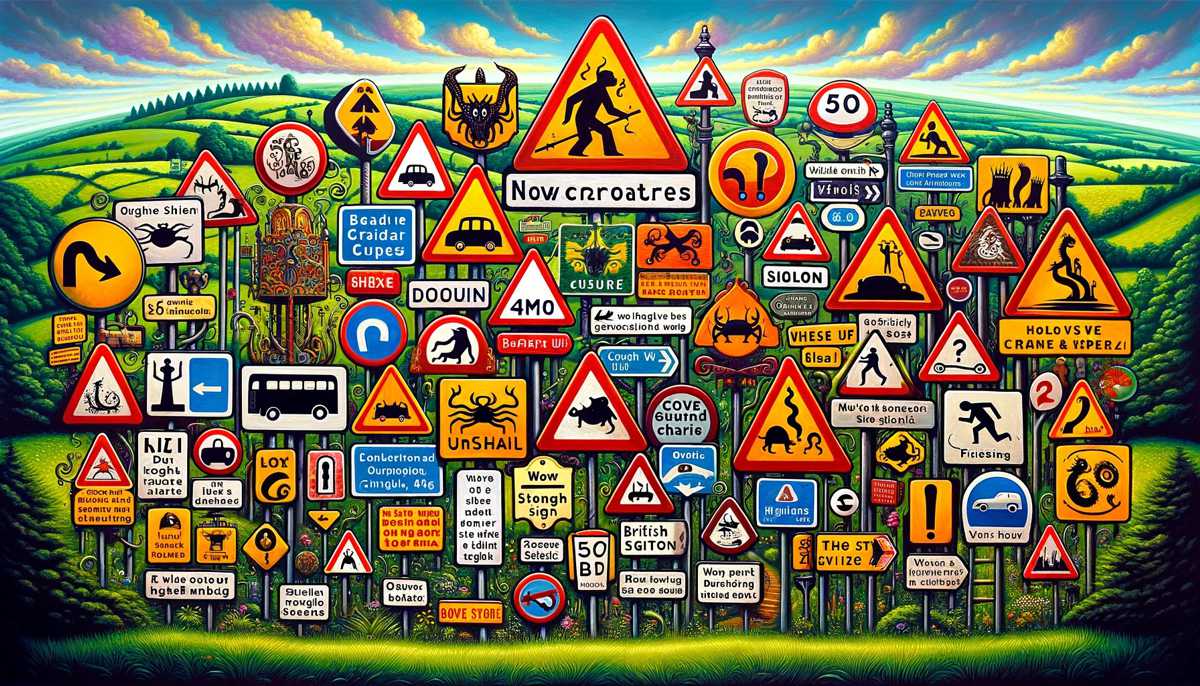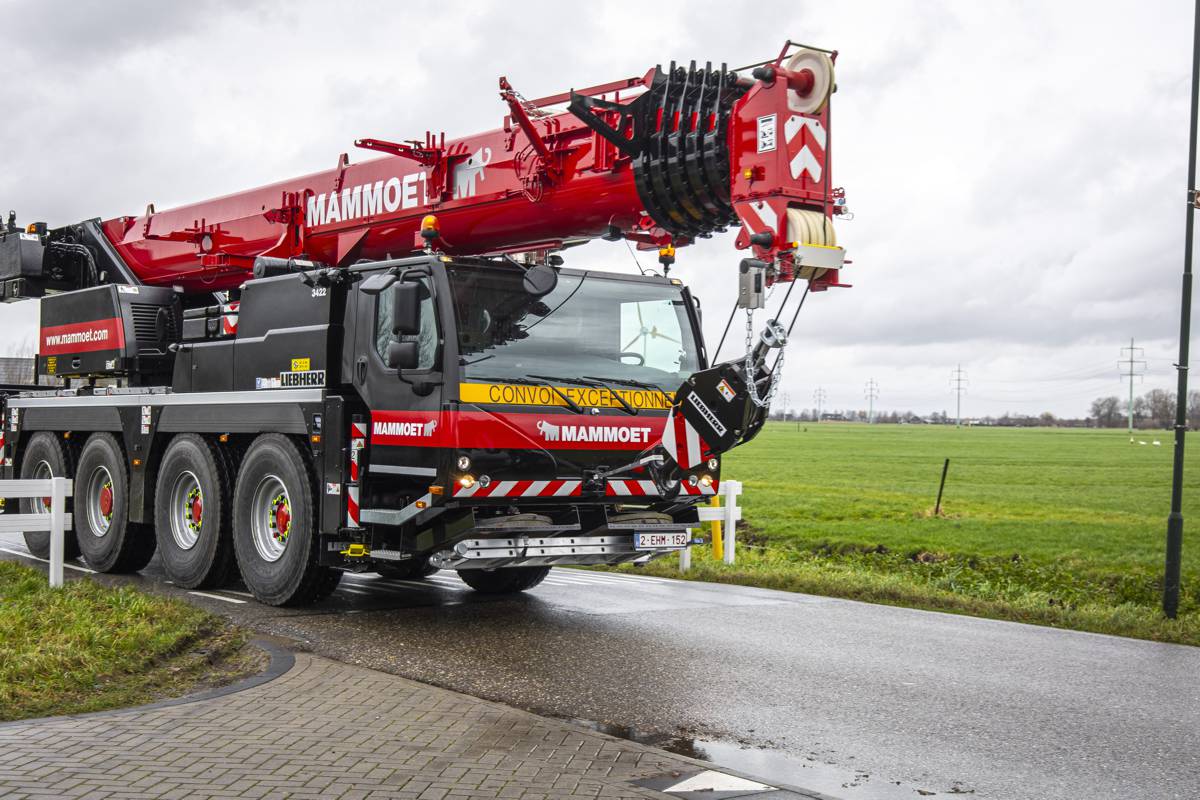The Key Construction Worker Benefits
The famous book ‘The Happiness Advantage’ was penned by Shawn Achor, and it provides detailed analysis of more than 200 individual studies on happiness. This book focuses on happiness in the workplace, and has generally found that happy employees tend to deliver higher levels of productivity, increased sales and improved performance in leadership positions.
The general benefits of happy employees can be applied across a broad range of industries, including construction. But what are the key construction worker benefits that can make the job more appealing?
1. Delivering Tools That Make Employees’ Lives Easier
There’s an old adage which suggests that a workman is only ever as good as his tools, and there’s no doubt that providing construction workers with the right equipment can improve productivity while making their lives considerably easier.
Investing in modern tooling can be particularly effective, as the type of modern oscillating tools sold by DeWalt come with numerous interchangeable attachments and reduce the number of items required to complete specific tasks.
This makes it far easier to complete tasks quickly and flexibly without compromising on performance, while brushless oscillating multitools offer up to 57% more runtimes when compared with its brushed counterpart.
This is another important consideration, and one that contributes to improved productivity and makes construction worker’s lives much easier.
2. Making Health and Safety a Key Consideration
Let’s face facts; construction is a hazardous field, with some 61,000 non-fatal injuries recorded by workers on average between 2018/19 and 2020/21.
Because of this, health and safety is a huge consideration from the perspective of construction managers and foremen, and it’s crucial that workers have access to the correct and high quality personal protective equipment (PPE) at all times.
There are numerous types of PPE available to construction workers, from safety shoes and Hi-Viz clothing to gloves, goggles and hard hats. Workers will require different types of PPE depending on their precise job role, and it’s important to understand this before investing in the requisite equipment.
This will require in-depth and ongoing risk assessments for every single job role, which will take time, effort and considerable attention to detail.
3. Providing Mentorship and Career Development
From a more universal perspective, construction workers are like any others in that they want to be respected by their employers and providing a pathway to build and improve their careers.
More specifically, tradespeople and construction workers should be able to see a path into management or more senior job roles, from site foreman to project manager. This will ensure that employees are engaged and productive at all times, while driving higher levels of retention over time.
Another key component to this is the provision of mentorship. Millennials and younger workers are increasingly focused on job satisfaction and developing skills, and offering mentorship can tick these boxes while equipping employees with a specific set of skills.


